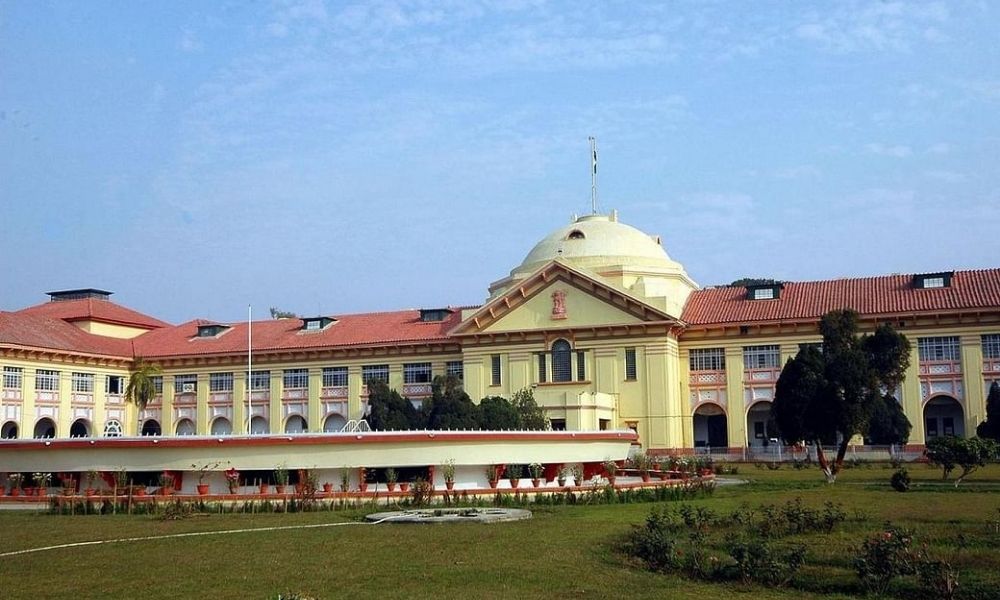Aastha Thakur
Published on: 22 August 2022 at 21:06 IST
The Patna High Court recently ruled that an aggrieved person has an absolute right of appeal against the order of acquittal and is not required to even seek leave to appeal, unlike a complainant.
The decision was taken by the division bench of Justice Khatim Reza and Justice Chakradhari Sharan Singh.
“A victim has an absolute right to prefer an appeal against the order of acquittal and, therefore, he/she is not required to even seek leave to appeal as required in the case of “complainant” while preferring the appeal under Section 378(4) Criminal Procedure Code. We have kept this legal principle in mind while considering this appeal.”
The widow of the deceased (petitioner) filed an appeal under Section 372 of the CrPC against the order of acquittal of the respondents given by the Sessions Judge. The respondent was arrested for offences punishable under Sections 323 (voluntarily causing hurt) and 302 (murder) r/w Section 34 of the IPC.
The appeal was preferred as a statutory right, deriving its power from Section 2(wa) of the Criminal Procedure Code (Amendment) Act, 2008. The trial court determined that the accused, Rishi Kumar, alleged the attack in response to a sudden provocation, but there is no evidence that he repeated the blow.
The High Court reasoned that the right to file an appeal under Section 372 of the Criminal Procedure Code has accrued on account of the insertion of the proviso to Section 372 of the Criminal Procedure Code, which came to be inserted by Act 05 of 2009 with effect from 31.12.2009.
This proviso confers the right upon a victim to prefer an appeal against any order passed by the court acquitting the accused or convicting an accused of a lesser offence or imposing inadequate compensation; and as per the said proviso, such appeal shall lie to the court to which an appeal ordinarily lies against the order of conviction of such court.
The Court also relied on Supreme Court cases citing principles relevant to considering an appeal against acquittal. In case of Ramanand Yadav vs. Prabhunath Jha, the court opined that:
“The golden thread which runs through the web of administration of justice in criminal cases is that if two views are possible on the evidence adduced in the case, one pointing to the guilt of the accused and the other to his innocence, the view which is favourable to the accused should be adopted.”
While applying the above principle, the court was of the view that the prosecution failed to establish a case against the respondent beyond reasonable doubt. The Court upheld the decision taken by the trial court, stating it does not suffer from any legal infirmity which requires this court’s interference.
In view of the above, the appeal was dismissed.

